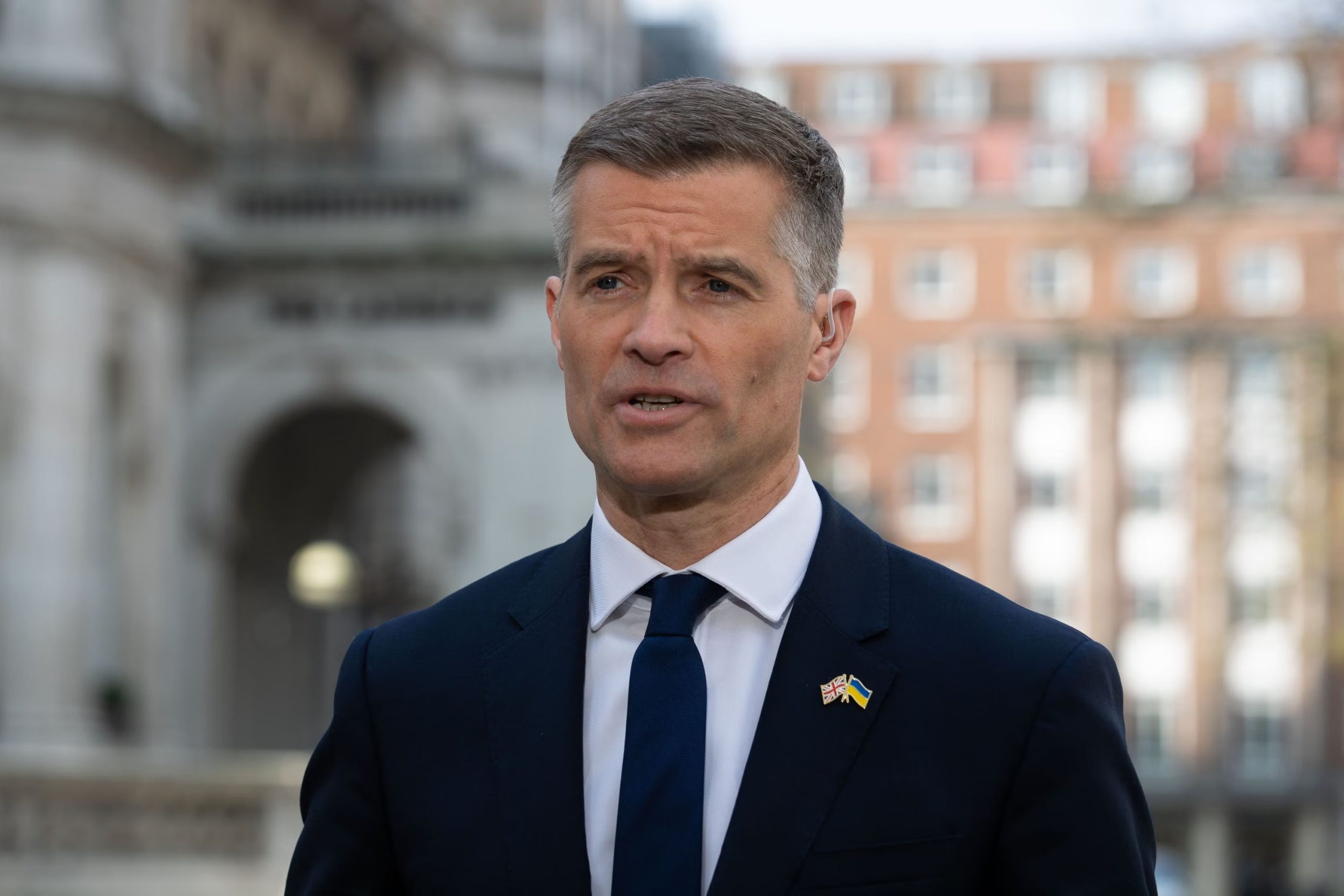In the aftermath of the highly publicized racism controversy involving former Labour MP Diane Abbott and Tory donor Frank Hester, Transport Secretary Mark Harper found himself addressing further allegations surrounding financial contributions to the Conservative Party.
During an interview, Harper faced inquiries regarding reports suggesting that the Conservative Party had received an additional £5 million from Hester in addition to the previously disclosed £10 million donation.
This development added yet another layer of complexity to an already tumultuous situation, casting a shadow over the party’s financial dealings and raising questions about its ethical standards.

Transport Secretary, Mark Harper (Credits: The Independent)
The revelation of another substantial donation from Hester prompted scrutiny from both within and outside the party, as critics questioned the integrity of accepting funds from individuals embroiled in controversy.
The timing of these allegations could not have been more inconvenient for the Conservative Party, as it grappled with the fallout from Hester’s racially insensitive remarks and sought to contain the reputational damage caused by the scandal.
With public trust in politicians already at a low ebb, the emergence of additional financial entanglements only served to fuel skepticism and erode confidence in the party’s leadership.
Harper, tasked with addressing these concerns, found himself navigating treacherous waters as he sought to reassure the public and salvage the party’s reputation.
In his responses to inquiries about the reported donations, Harper emphasized the need for transparency and accountability, pledging to investigate the matter thoroughly and take appropriate action if any wrongdoing was uncovered.
However, his assurances were met with skepticism by critics who questioned the sincerity of the party’s commitment to ethical governance. With allegations of impropriety swirling around the Conservative Party, Harper faced mounting pressure to deliver concrete answers and restore public trust in the party’s integrity.
Meanwhile, the controversy surrounding Hester’s donations threatened to overshadow the party’s policy agenda and distract from its broader political goals.
As the Conservative Party sought to focus attention on its vision for the country’s future, the specter of financial impropriety loomed large, casting a pall over its efforts to engage with voters and rally support ahead of the next general election.

Tories On Hester Donation (Credits: The Herald)
Against this backdrop of uncertainty and mistrust, Harper and his colleagues in the Conservative Party found themselves grappling with a crisis of confidence that threatened to undermine their credibility and erode their electoral prospects.
With public scrutiny intensifying and pressure mounting from all sides, the party faced a critical test of its resilience and ability to weather the storm.
In the face of mounting challenges and growing public skepticism, Harper and his colleagues remained steadfast in their commitment to upholding the party’s values and principles.
As they worked to address the fallout from the controversy surrounding Hester’s donations, they remained focused on their ultimate goal of delivering positive change for the country and earning the trust of the electorate.
As the dust settled and the controversy began to recede from the headlines, the Conservative Party emerged from the crisis with its integrity intact, having weathered the storm and reaffirmed its commitment to transparency, accountability, and ethical governance.
With lessons learned and a renewed sense of purpose, Harper and his colleagues looked ahead to the challenges and opportunities that lay ahead, determined to build a stronger, more resilient party capable of meeting the needs and aspirations of the British people.
























